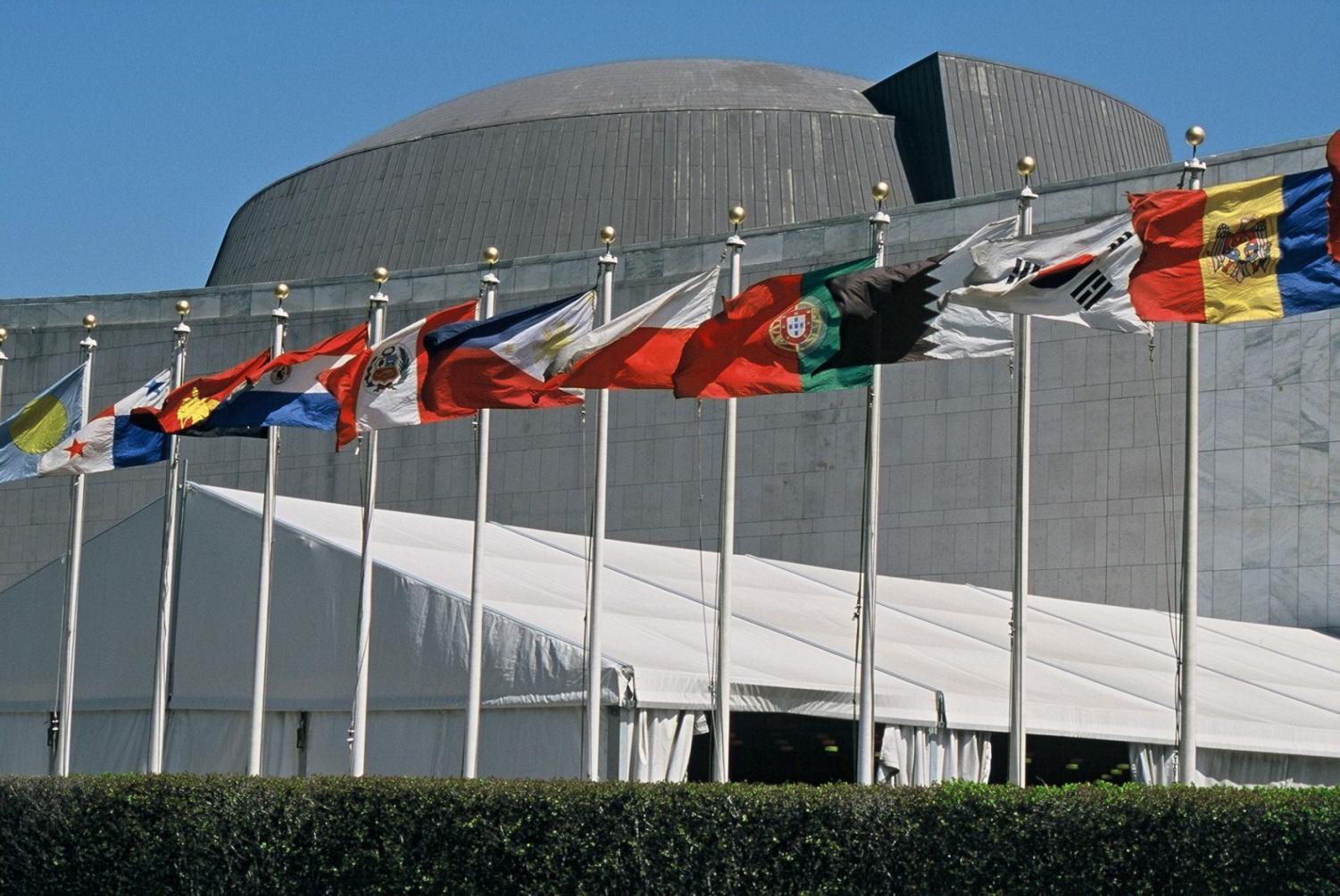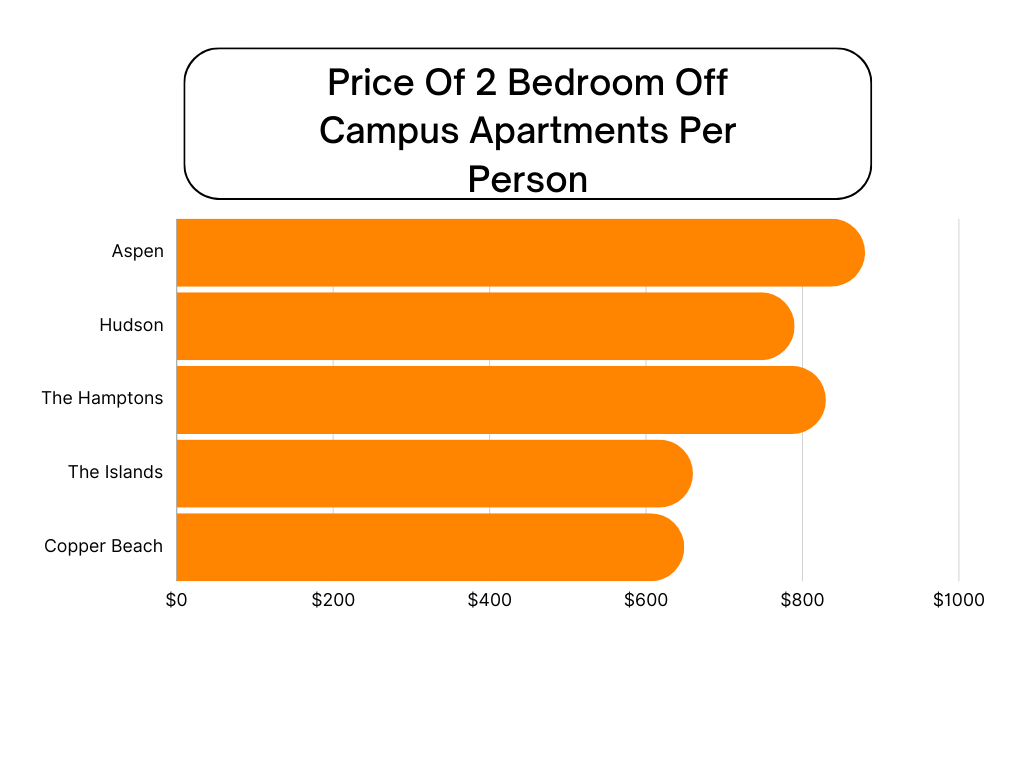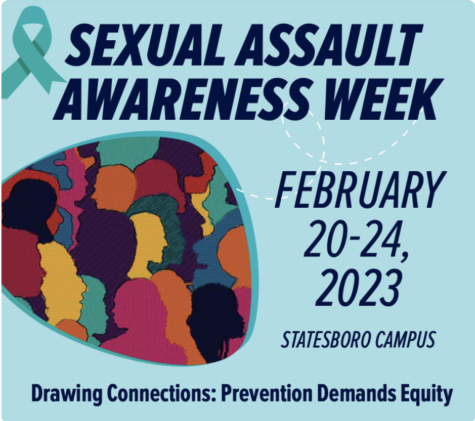A medley of perceptions: International students and faculty discuss the election
November 8, 2016
The 2016 United States presidential election has reached its climax. This election cycle has highlighted the variety of views that we, as Americans, are free to hold and express.
This freedom of expression is also extended to people visiting America. Students and faculty from 85 countries, not including the U.S., come to Georgia Southern every year.
Two GS international students, who cannot vote in the election, and one international teacher, who can vote after getting his citizenship, shared their thoughts on the election cycle and American foreign policy.
The candidate conundrum
One of the most notable aspects of this election has been Donald Trump and the conditions in America that make his candidacy viable. The current cycle has seen an increased criticism of politicians.
“A lot of people have lost confidence in politicians. People don’t trust politicians…” Theophilus Ankmah, an accounting graduate student from Ghana, said. “People have a kind of image in Trump. They believe he’s somebody who can do something…that he can turn the country around. That’s why I think he has a chance at winning.”
Ankmah also had an interesting view about how Donald Trump has handled his taxes.
“I didn’t like in one of his interviews when Donald Trump came out and said he had taken advantage of the loophole in the lax laws, and because of that, he had not paid a time in taxes,” Ankmah said. “Where I’m from [Ghana], before elections, every candidate admits to produce their tax returns and comes out with how they’re going to fund their campaign activities.”
Investigating foreign policy
Ristomatti Lanne, a senior journalism major from Finland, spoke on what could happen with America’s foreign policy depending who gets elected.
“[Clinton] would probably continue with the Obama foreign policy and it would be pretty much the same, but with Trump, I don’t know,” Lanne said. “I can’t really say what’s going to happen. I can assume he would be more aggressive [than Obama].”
However, Lanne does not think that Clinton’s foreign policy strategy, which seems to be similar to Obama’s, would be automatically successful.
“She has a great plan and a way to do it, but i’m a skeptic on if it’s going to work out or not. Four years is a short time to do it and you have to have the time to make those kind of changes,” Lanne said.
According to Lanne, Trump’s isolationist foreign policy plan runs the risk of putting the U.S. first at other countries’ expense. The U.S. is but one country in a globally connected world where economic and diplomatic relationships matter.
“The U.S. could isolate itself…but it would still have to be the big player in the U.N. and NATO, to maintain the balance of power. Russia is trying to get back to Soviet days where they’re the big superpower again,” Lanne said.
Russia’s influence in the Western world and beyond is something which Lanne is particularly aware of because of Finland’s 1000-mile border with Russia.
Even though there is no immediate danger of Russia infringing on Finland due to cultural and political differences, the concern can be in a sense more real for Lanne.
Concerns about Russia can more pronounced for those who live or hail from former communist countries.
From the outside looking in
Jacek Lubecki, Ph.D., an associate political science professor at GS, came to the United States from Poland in 1985 and became a U.S. citizen.
Lubecki explained that Russia, along with other non-democratic countries, has always criticized the U.S. and its government system. That is not a new trend, although the Russian hacks who targeted Hillary Clinton and the Democrats is.
“The whole effect of Russian manipulation [of American citizens who vote] only matters if we are manipulable,” Lubecki said. “[Public opinion] is only manipulable if the American public lost confidence in American institutions, and the American public sees American institutions as corrupt.”
He elaborated that people may think the American system of government is corrupt because some politicians are able to use it to their advantage.
“American systems are set up to be open. So by the nature, it’s open to manipulation, and that’s not something you can stop without stopping modern society,” Lubecki said.
There have been many precedents set, scandals that have surfaced and significant foreign policy incidents that have happened during this election season. The issues raised here highlight some of the many issues Americans have to consider before casting their ballot.









